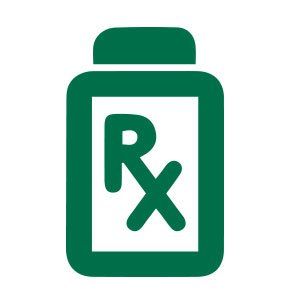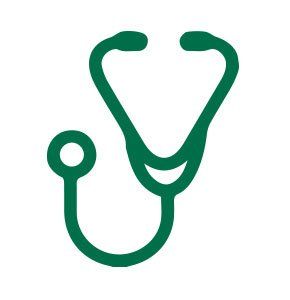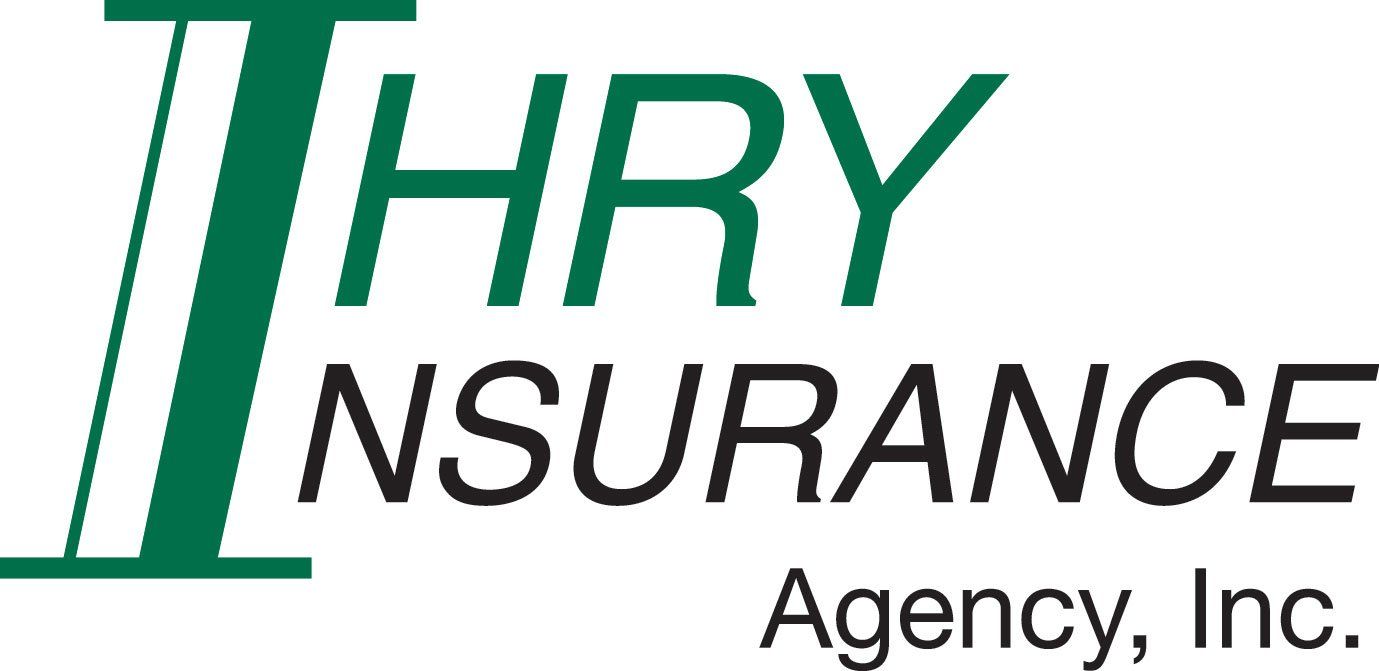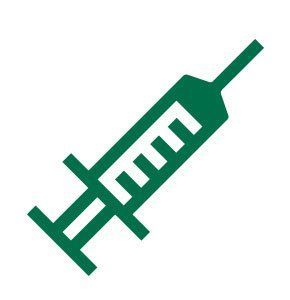Benefits Connect Employee Benefits
Benefits Connect Employee Benefits in North Dakota and Minnesota
At Ihry Insurance, we can help find an extra measure of financial protection for you and your employees through our Benefits Connect program. The purpose of this program is to offer individuals dental, vision, accident, life, critical illness, and health insurance options. We also offer businesses accident, cancer, critical illness, short- and long-term disability, dental, vision, life, and health insurance options. This helps grow your business by developing a competitive advantage by offering enhanced flexible benefits packages for individuals, groups, and families.
About Health Insurance and Health Insurance Categories
Good health is one of the most important assets for a happy and productive life. Suffering from ill-health stops you from working and providing for your family and leads to an ever-increasing stack of medical bills that can cause financial ruin. In fact, studies show that the high costs of unexpected medical treatments are the leading cause of bankruptcy in the United States, making health insurance essential for protecting your physical and financial health.
Health insurance is insurance for an individual, a group, and their families, that covers part or all the costs that result from medical expenses due to injury or sickness. Health insurance plans typically provide basic preventive care as well as several essential benefits which include, but are not limited to the following:
Most health insurance plans are categorized into four main plan options based on the cost-sharing structure of each one: bronze, silver, gold, and platinum plans.
Bronze plans have the lowest monthly premiums but the highest costs for doctor visits and for prescriptions. This category is best for those who do not need to see a doctor often and are willing to pay higher co-payment amounts.
Silver plans offer low monthly premiums but high costs for doctor visits and prescriptions. This category is best for those who want to balance the costs of deductibles, co-payments, and insurance premiums.
Gold plans have high monthly premiums and low costs for doctor visits and prescriptions. This category is ideal for individuals who visit the doctor on a regular basis.
Premium plans offer the highest monthly premium costs but the lowest costs for doctor visits and prescription medications. This category is best for those who can afford the high premiums and want the lowest co-pay.
All of these plans offer identical health benefits. The difference between each level is the amount that you and your insurer pay for each benefit. In general, the higher the category and premium, the lower the cost of your medical expenses will be and vice versa.
Types of Health Insurance Coverage
and Choosing What's Best for You
There are several options available for health care coverage, the most common being group health insurance, individual coverage, and family health insurance.
Also known as business health insurance, group plan coverage is available for a common group of people and is typically provided by employers and professional organizations. Individual coverage is health insurance that provides coverage for an individual and is not obtained through an employer. Family health insurance provides coverage for an entire immediate family unit, including both parents and children under 18 years old.
Choosing a health insurance plan is a very important and often confusing task. There are several factors to consider before making your choice, which include:

Physician Preferences
Depending on the kind of plan you choose, you may be able to see any doctor you choose who operates in a specific network (Health Maintenance Organization or HMO plan) or you may be required to select a primary care provider who will make specialist referrals when necessary (Preferred Provider Organization or PPO plan).

Coverage Requirements
Most health insurance plans cover the basics, such as visits to your doctor, clinic, or hospital. However, many plans do not include options such as vision, dental, and prescription in their coverage, so these would have to be supplemented for you to receive the benefits.

Cost
It is important to figure out how much you can afford to pay for monthly premiums in order to select the right coverage option. To cut costs as much as possible, always choose a network provider.

Exclusions and Limitations
Many health insurance plans do not cover certain types of treatments or provide limited medical coverage, so it is important to keep this in mind when making your selection. Common exclusions and limitations include things such as cosmetic or other elective surgeries, alternative medical therapies, dental, vision, and prescriptions. Additional coverage may have to be purchased to receive these benefits.
Once you determine the most important factors for choosing your plan, the next step is selecting the right insurance plan option to best suit your needs.
Major Medical Insurance
Major medical insurance, or comprehensive insurance, is health insurance for individuals and families not covered by a policy provided through an employer or public assistance program.
It is a long-term health care option that is usually renewed on an annual basis and that also meets the basic requirements established under the Affordable Care Act (ACA), which is also known as "Obamacare."
These plans provide coverage for a broad spectrum of health care services and must be obtained through a broker, agent, or health insurance carrier. This type of insurance plan is ideal for the self-employed, individuals who work part-time, and for people who are already retired but are not eligible for Medicare coverage.
Major medical insurance offers tax credits and cost-sharing assistance for eligible enrollees.
Medicare and Medicaid
Medicare is a health insurance plan primarily available for people over the age of 65. However, coverage is also available for individuals under the age of 65 if they suffer from specific types of illness or disability. Medicare options include Part A (hospital coverage), B (medical coverage), C (Medicare Advantage plans), and D (approved drug prescription coverage). Medicare also offers supplement plans or Medigap, which provides coverage over and above the basic Medicare plan options.
Medicaid is a no or low-cost health insurance plan provided by the government that is available to individuals based on income level and household size. There is no specific enrollment period for this insurance plan and once eligibility requirements are met, the benefits kick in immediately.
Under the health reform law, all non-exempt Americans must have health insurance coverage or face a penalty payment.
Supplemental Coverage Options
Supplemental health insurance options are those options that are not always included as a part of a basic group, individual, or family insurance plan and which are available for purchase in addition to a basic plan.

Dental
Dental insurance covers a part or all of the costs associated with dental care, including preventative care, basic and major restorative services, and orthodontic services.

Vision
This provides coverage for costs associated with vision care, including services and products such as eye exams, frames, lenses, and contacts.

Prescription
This covers part or full costs associated with filling prescriptions for pharmaceutical drugs ranging from high cost to generic alternatives.

General Preventative Care and Wellness
Preventive and wellness coverage provides ongoing care and screening services such as blood testing, blood pressure monitoring, and immunizations, to prevent serious health problems as well as health concerns linked to age, gender, family history, and medical history. This option also covers regular monitoring for signs of disease and provides treatment at the earliest stage possible.

Short-Term Medical Insurance
This insurance option provides health insurance coverage for periods between one to 11 months and is essential during times when individual or family insurance is not an option.
Common scenarios where short-term insurance is valuable include waiting for Medicare to kick in, aging out from parental insurance coverage, or losing health insurance due to divorce. This type of coverage is one of the most flexible because it allows you to drop or renew your coverage term depending on your current situation.
Health Insurance Costs
Having health insurance typically entails paying a monthly premium. These rates are deeply discounted and based on cost negotiations with hospitals and doctors. In exchange for the premium amount, the insurance provider pays for a portion of all the medical costs that are covered by your chosen plan.
With that said, there is no simple way to estimate how much your health insurance will cost without knowing your specific needs and having a comprehensive quote created by a qualified health insurance specialist
Factors that determine the cost of your total health insurance plan, as well as your monthly premium payment, include:
Deductible
A deductible is the amount that you must contribute to your medical expenses before the insurer begins to pay. This amount is typically set at a specific maximum with many high-tier plans having no deductible at all.
Coinsurance
The coinsurance is the portion or percentage of medical expenses that you and your insurance provider share once the deductible amount is paid. Coinsurance does not apply to full-coverage policies.
Copayment
A copayment, also known as a copay, is a set fee, which is usually very modest, that is payable for each doctor’s visit or prescription. Copays are not considered a part of a deductible amount.
Out-of-Pocket Maximum
The out-of-pocket maximum is the highest amount you can possibly pay for medical and health care services during a single policy period. This means that your insurer pays for the total cost of your covered medical expenses over this amount.
Ihry Insurance Can Cover Your Health
If a medical emergency happened today, would you and your family be covered? Health care is expensive. A single event can leave you and your family in a state of extreme physical and financial hardship.
Having adequate health insurance gives you access to the preventative care necessary to avoid serious health issues, and lets you breathe easy knowing that you and your loved ones are covered no matter what the future holds.
Are you looking for the right health insurance coverage for your needs? Call Ihry Insurance today and speak with one of our helpful agents to get a policy that fits your needs.














Share On: